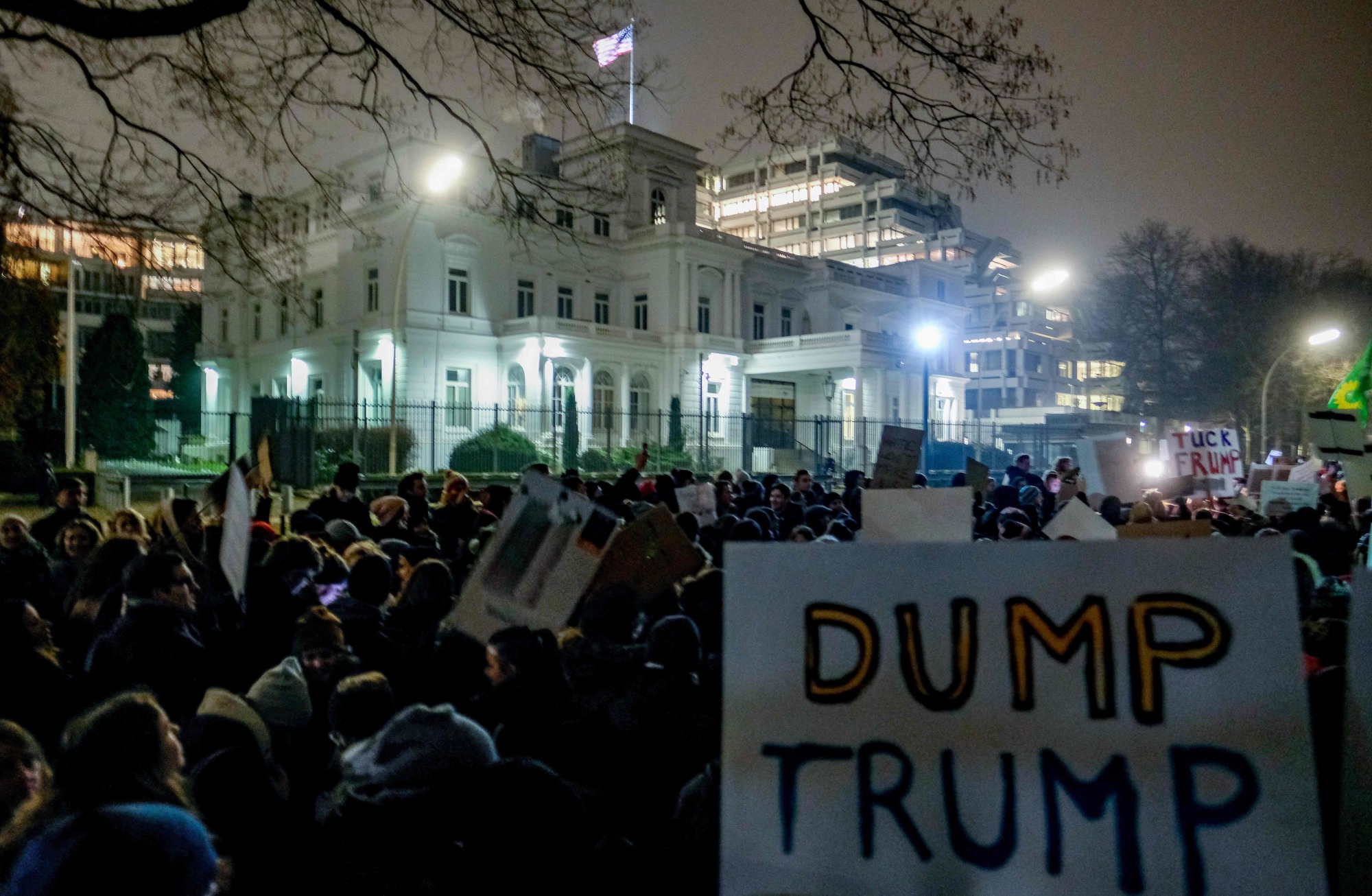For seven years, the United States has fought to keep the eurozone intact, urging European officials toward action and supporting international bailout programs to keep the 17-nation currency union from cracking apart.
That appears to have changed less than two weeks into Donald Trump's new administration.
A sharp shift in tone toward Germany, casting the euro as fuel for that country's massive trade surplus, has raised concerns that the U.S. president's trade-centric world view may see the euro not as a geopolitical plus, but as another needless bit of multilateralism.



















With your current subscription plan you can comment on stories. However, before writing your first comment, please create a display name in the Profile section of your subscriber account page.